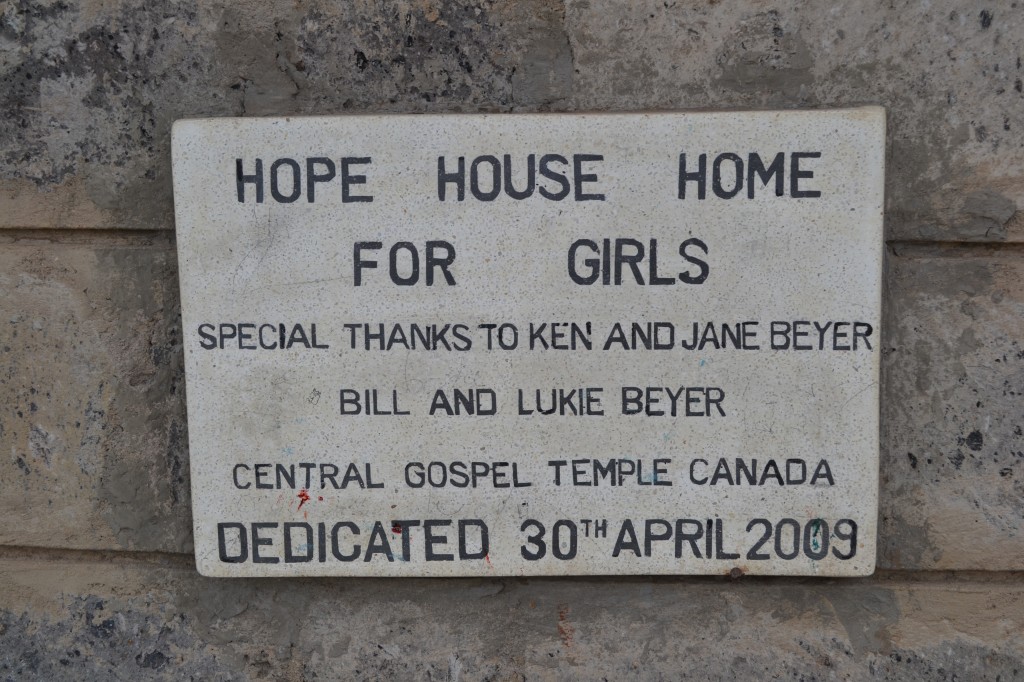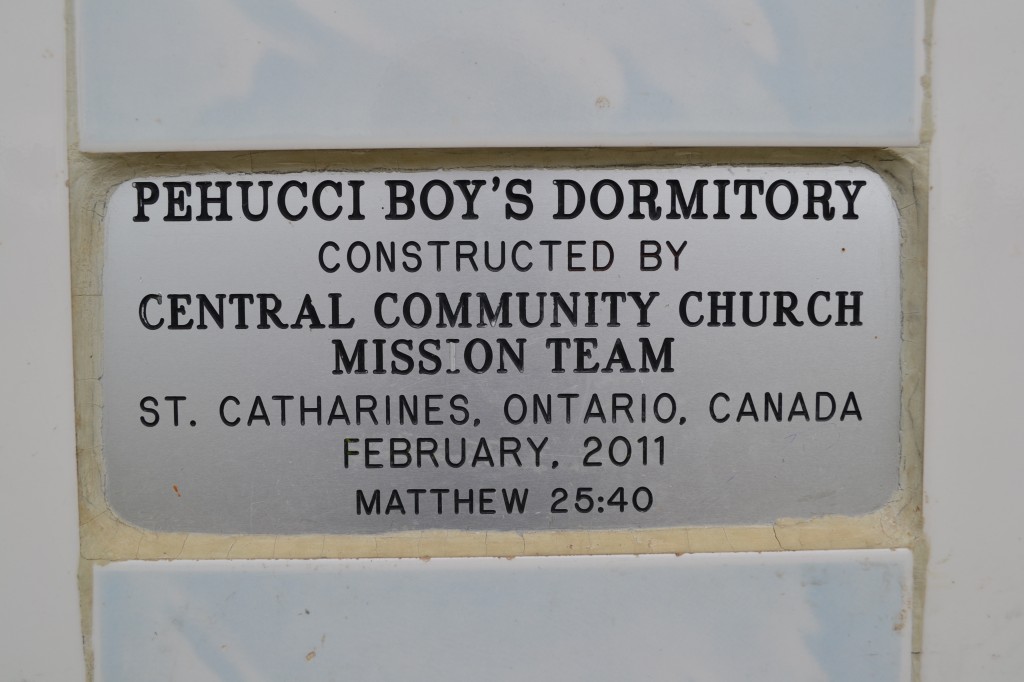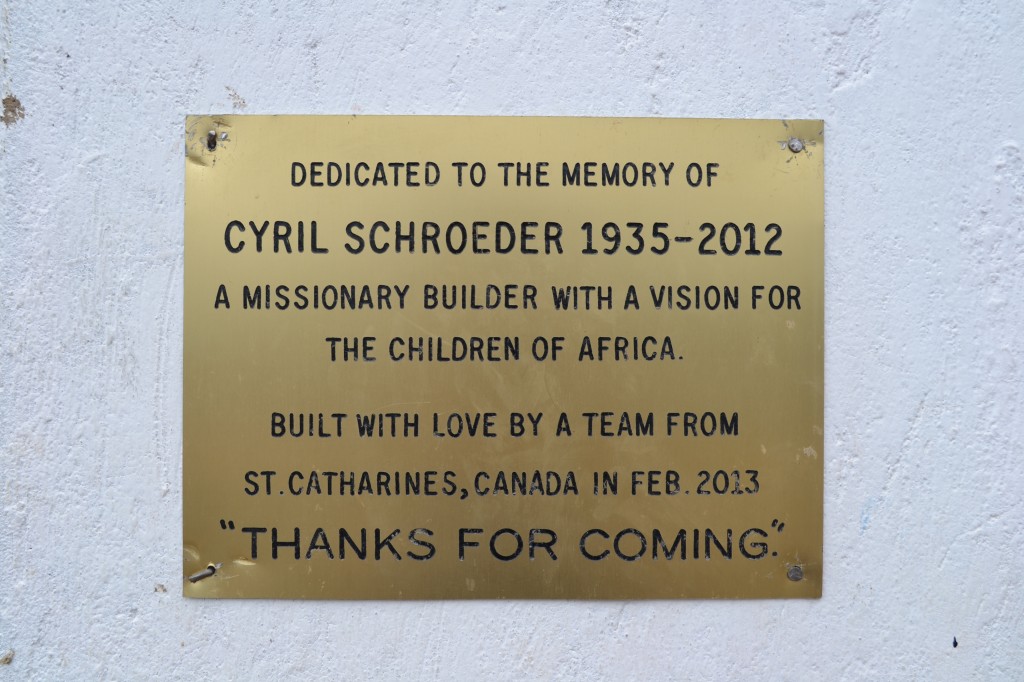History
As a young girl, Lucy Njenge used to help her mother, a social worker, assist needy communities. This was the birth of her own need to become a community helper. This burden to help the less fortunate in the community grew with time and by 1988, Lucy, then a civil servant working in the Attorney General’s Chambers in Nairobi, Kenya, made a firm decision to resign from her job in order to take care of destitute children.
In 1989 she was ordained ‘Reverend’ of the ACK church in Kenya. She went into full time children’s ministry in 1992 after graduating from St. Paul’s college with a diploma in Theology. She began to live her calling by attending to destitute children at the city’s public park: Uhuru Park. She would provide them with food and clothing from her own purse. She became one with them and their plight in spite of growing condemnation from her friends and family who could not understand sacrificing a successful career for the sake of helping impoverished children.
In 1993, she bought a 100m by 100m plot in Ruai estate, about 15km north Nairobi. Here, she constructed a mud hut with a grass thatched roof where she began to house destitute children. The children were often infested by jiggers (a small, burrowing parasite), and underwent difficult times due to lack of adequate support.
Good news came in 1995 when she was awarded 500, 000 KSH of retirement benefits from her former employer. She used this money to expand the project, and with help from Pastor Tony of PAC University in the city, she built classrooms to enable learning. The same pastor assisted the construction of two dormitories, two toilets and the kitchen. Charles Brakes from the USA also helped out by paying the laborers. Baptist Mission, USA, led by Joy Casner, built a small office in 2002. Lutheran World Relief built more classrooms and The Living Water Ministry sunk a borehole for water and purchased a generator for power the next year.
There are now more than 175 destitute children living at Pehucci Children’s Home. These children are provided with food, clothing, an education, books, and toys. As a result of a variety of projects over the last number of years, the institution now has electricity, a dining hall, a canteen, a community centre, and separate boys’ and girls’ dormitories where the orphans who attend the school can spend the night.


